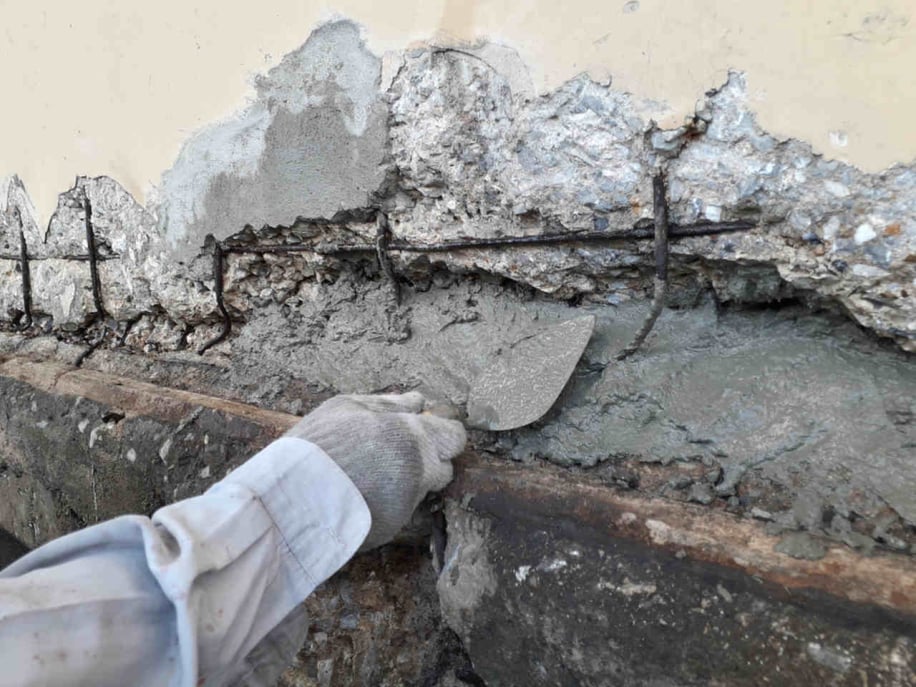Understanding the Importance of Concrete Repair:
Concrete, although known for its resilience, is not immune to damage. Cracks, spalling, and other defects can compromise the structural integrity, leading to safety hazards and reduced functionality. Regular inspection and timely concrete repair are essential to address these issues before they escalate.
Common Causes of Concrete Damage:
Before embarking on a concrete repair project, it's crucial to identify the root causes of the damage. Common culprits include:
Freeze-Thaw Cycles: Especially prevalent in colder climates, the expansion and contraction of water within the concrete can lead to cracking.
Chemical Exposure: Exposure to harsh chemicals, such as de-icing salts or industrial pollutants, can erode the concrete surface.
Corrosion of Reinforcement: When the steel reinforcement within the concrete corrodes, it can cause cracks and weaken the structure.
Types of Concrete Repair:
Concrete repair methods vary based on the severity and nature of the damage. Some common techniques include:
Crack Injection: Filling cracks with epoxy or polyurethane to prevent water infiltration and reinforce the structure.
Concrete Resurfacing: Applying a thin layer of fresh concrete to restore the surface and improve aesthetics.
Patching and Spall Repair: Repairing localized areas of damage by removing and replacing the deteriorated concrete.
Materials Used in Concrete Repair:
Choosing the right materials is crucial for the success of a concrete repair project.
Common materials include:
Epoxy Resins: Ideal for structural bonding and crack injection, epoxy resins provide high-strength and durability.
Polyurethane Sealants: Effective for sealing cracks and preventing water intrusion, polyurethane sealants offer flexibility and adhesion.
Portland Cement-based Mixtures: Used for patching and resurfacing, these mixtures provide strength and durability.
The Role of Professional Concrete Repair Services:
While some minor repairs can be undertaken by homeowners or facility managers, complex issues often require the expertise of professional concrete repair services. These professionals have the knowledge, skills, and equipment to assess, diagnose, and execute effective repairs.
Preventive Measures for Long-Term Concrete Health:
To minimize the need for extensive concrete repair, implementing preventive measures is essential. Regular maintenance, application of sealants, and addressing minor issues promptly can significantly extend the lifespan of concrete structures.
In the world of construction, concrete repair stands as a crucial discipline for ensuring the longevity and safety of structures. Understanding the causes of concrete damage, the various repair techniques, and the importance of using the right materials are key steps in maintaining the integrity of our built environment. By embracing a proactive approach to concrete repair and investing in professional services when needed, we can ensure that our concrete structures continue to stand the test of time.
